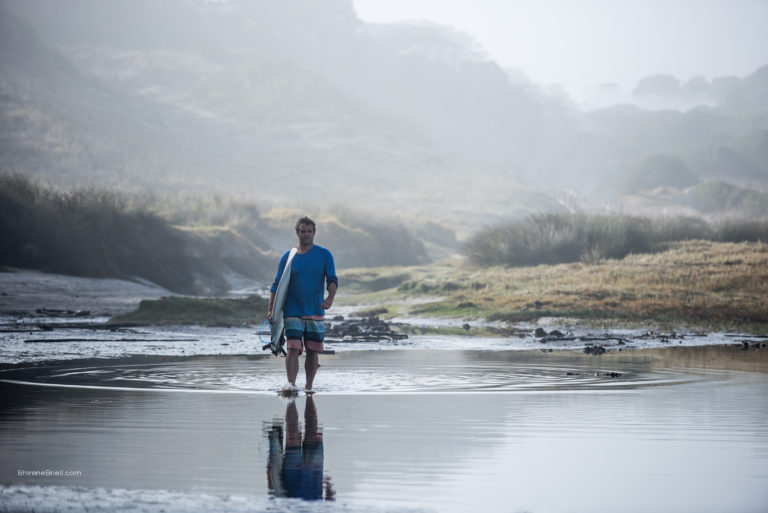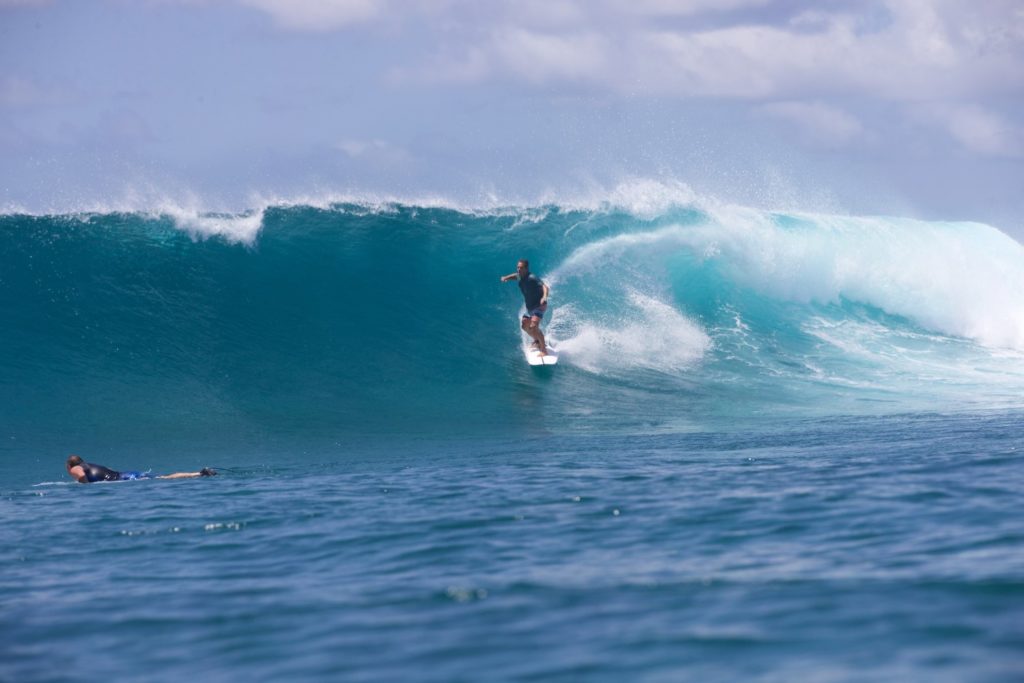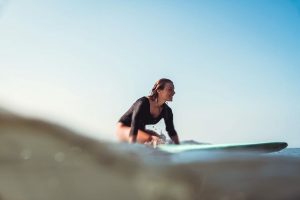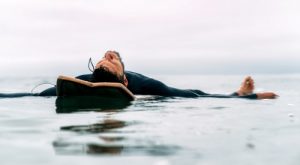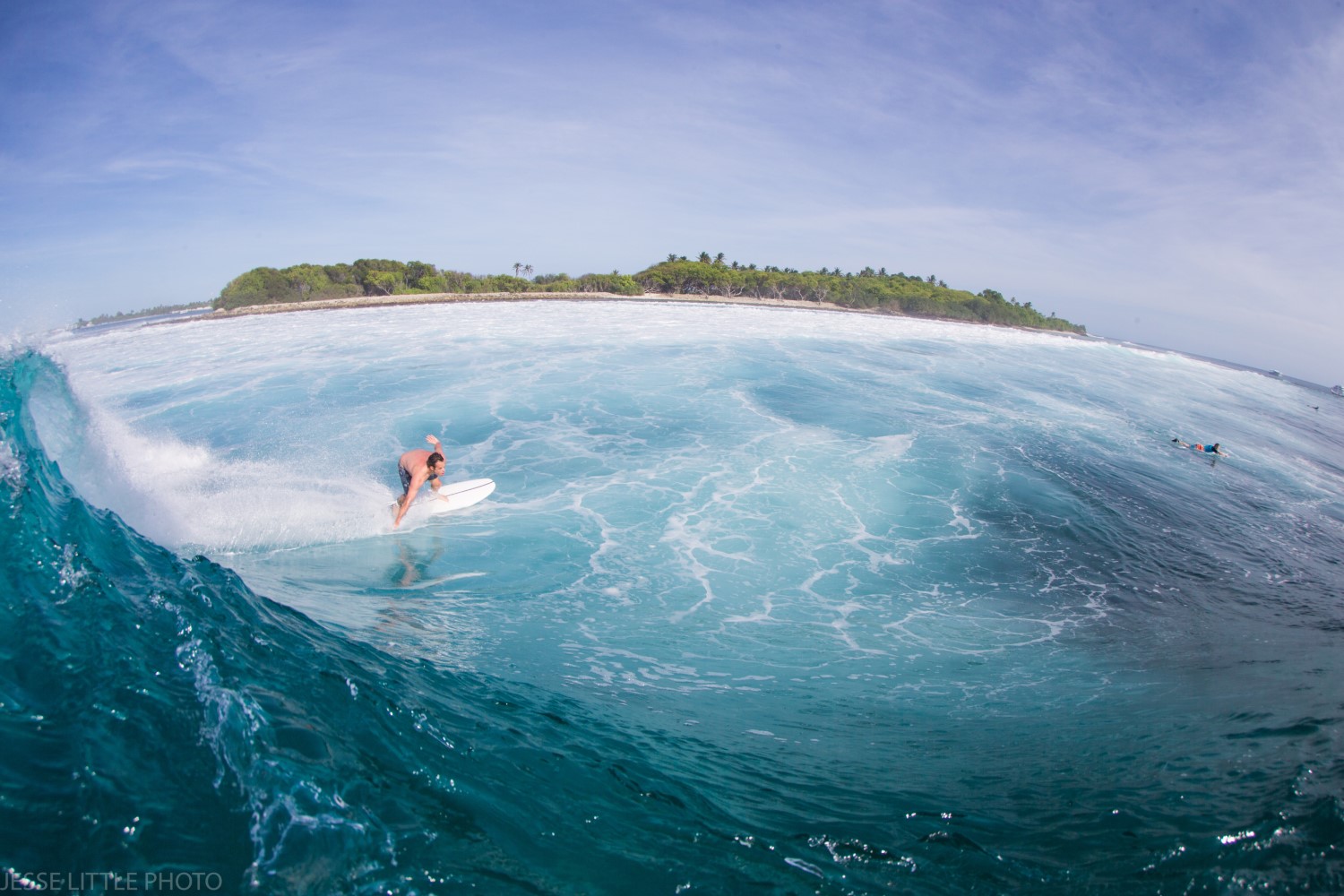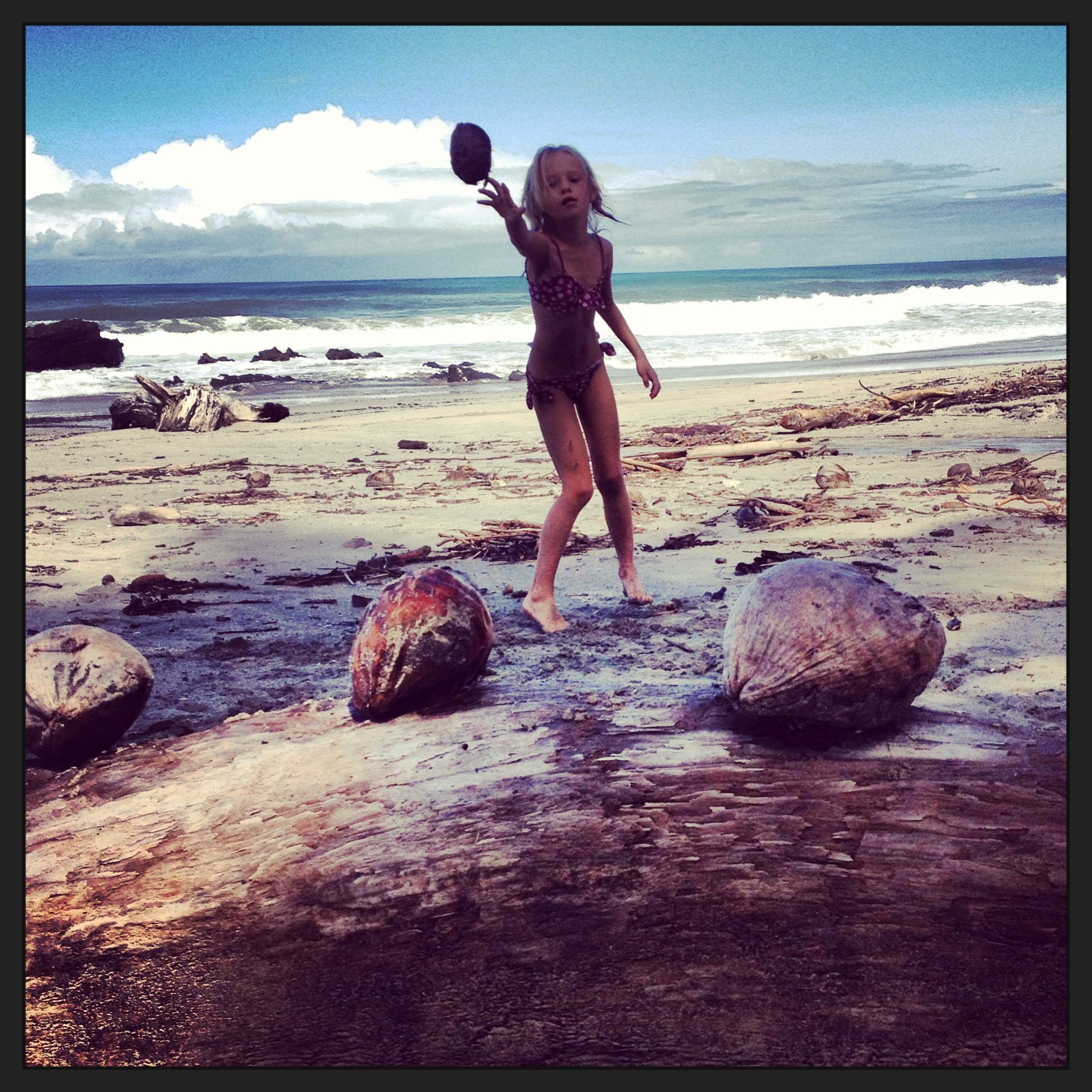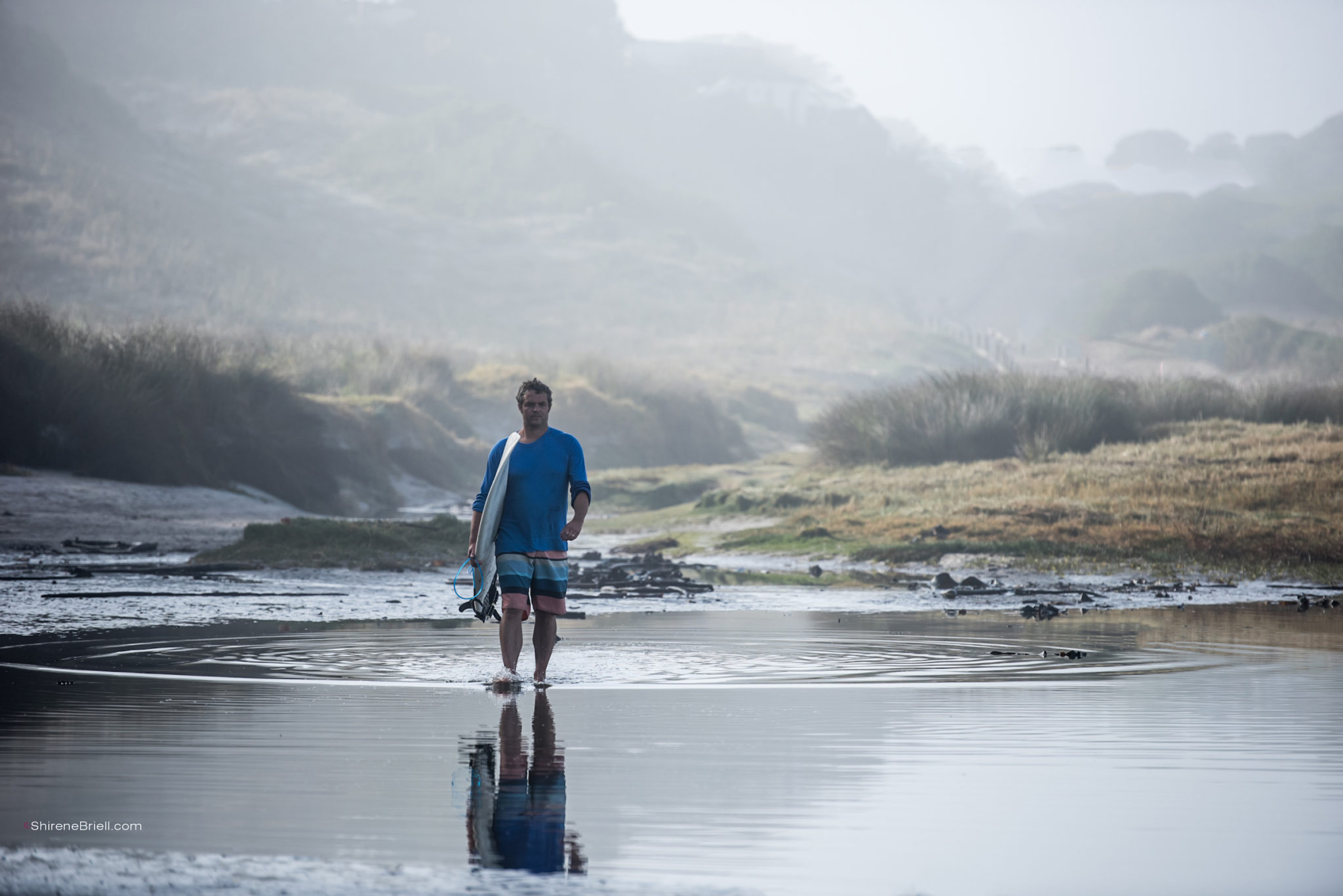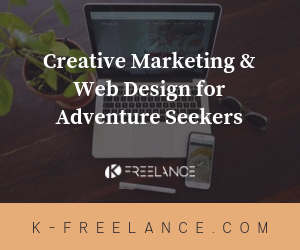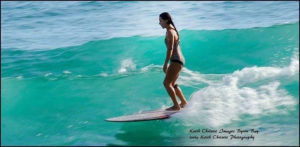
Episode 45: Meet Heidi Tapia- Environmentally Conscious Entrepreneur, Free Diver, Whale Guide, and Passionate Surfer
Heidi shares her exciting water adventures and worthwhile endeavors. She tells the story of how she fell in love with the ocean and followed through even if it meant leaving her homeland. She also lets us peek into the life of a whale guide and she helps us get to know a little bit about these giants.

